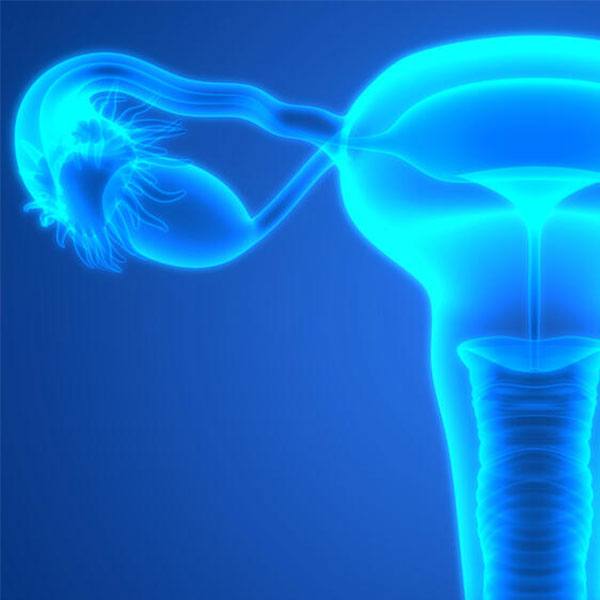-
Mayo Clinic Expert Available to Talk about Treating Infants with Head Shape Asymmetry
ROCHESTER, Minn. — Parents are often the first to notice when their otherwise healthy infant slowly begins to develop a lopsided skull. Sometimes the change in head shape can look like a flattened section in the back of the skull, or off to one side if the baby prefers looking toward one direction. The incidence of head shape asymmetries has risen, likely related to the successful Back to Sleep campaign, which has saved countless infant lives since it was introduced in 1994 to prevent sudden infant death syndrome.
"There's no doubt that as we as a country began putting babies to sleep on their backs, the incidence of SIDS declined significantly. Simultaneously, the incidence of positional plagiocephaly, or head shape asymmetry caused by babies' sleeping position, increased," says Sherilyn Driscoll, M.D.,of Mayo Clinic's Department of Physical Medicine and Rehabilitation.

Head shape asymmetries tend to be easy to treat, but timing is essential. Treatment needs to take place while the skull is still rapidly growing and before the bones of a baby's skull have fused and the soft spots have closed. Fortunately, parents and pediatricians are becoming proactive about looking for head shape asymmetries and are referring babies to specialists during the critical months. Dr. Driscoll, who is division director of Pediatric Rehabilitation Medicine, emphasizes these key points:
- The optimal time to address head shape asymmetry is as soon as it's noticed, offering the baby supervised tummy time during waking hours or showing toys and encouraging the baby to turn to either side. If repositioning activities don't work, helmeting therapy can encourage the bones to grow in the right direction. Helmeting therapy is most effective when it's introduced in an infant 4 to 6 months old, before the soft spots of the baby's skull have closed. By the time a baby is a year old, minimal correction of head shape is possible.
- The specialized helmets babies wear during treatment are structured to allow their heads to grow in the proper direction. They do not press on or reshape babies' skulls.
- Parents who notice a head shape asymmetry in an infant younger than 4 months can meet with a physiatrist or physical therapist to discuss strategies that will reposition the baby in settings like car seats. The specialists can also provide strategies to stimulate a baby to turn toward the less flattened side.
- Importantly, a baby with a head shape asymmetry needs to be seen by a specialist who can ascertain that the shape is due to the baby's sleeping position.
"There are a few less common conditions of greater concern, such as craniosyntosis, that can cause a head shape asymmetry, and those need to be ruled out first," Dr. Driscoll emphasizes.
To schedule an interview with Dr. Driscoll, please contact Bryan Anderson at
507-284-5005 or newsbureau@mayo.edu.
Media Contact: Bryan Anderson, 507-284-5005 (days), newsbureau@mayo.edu







